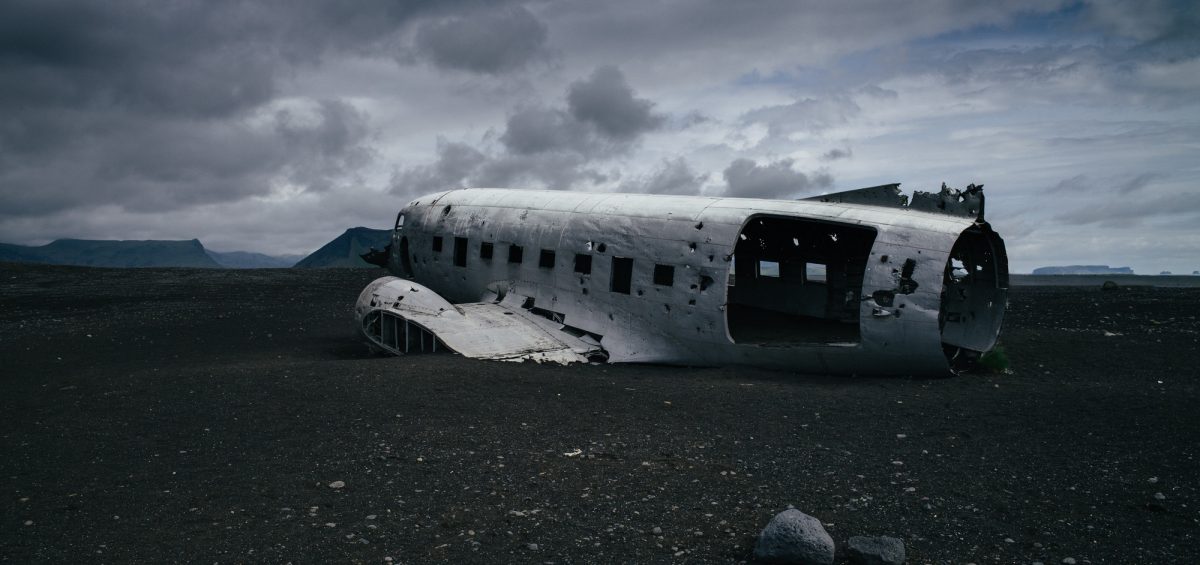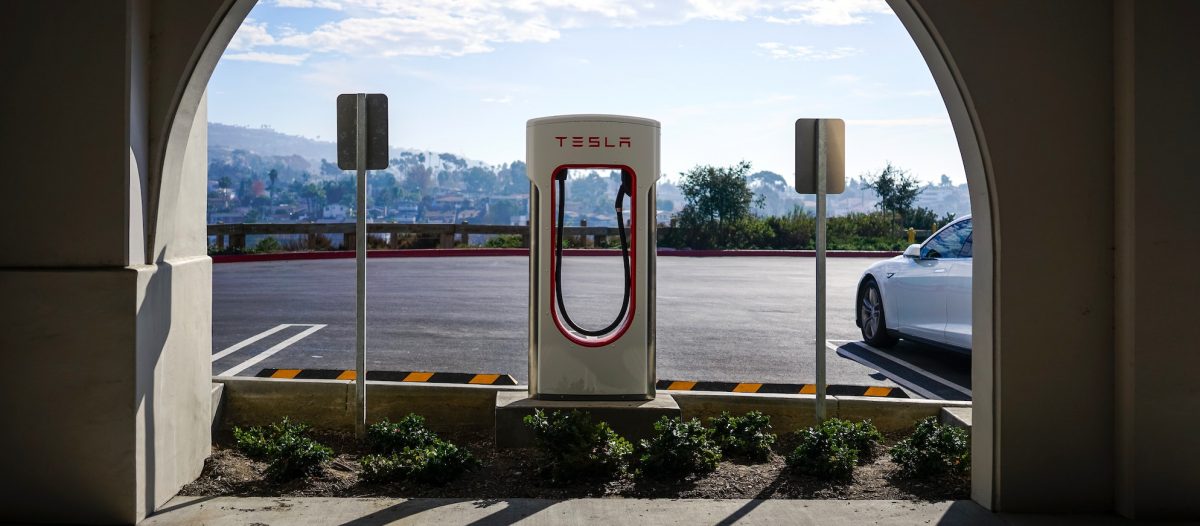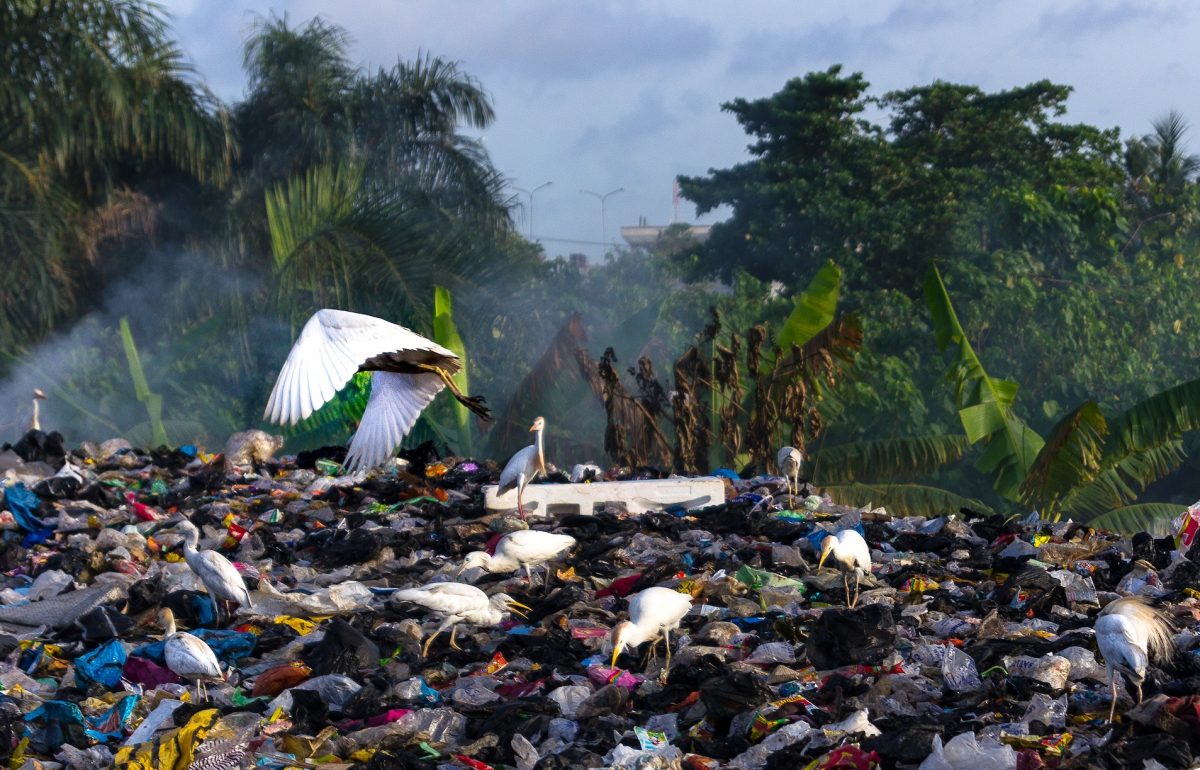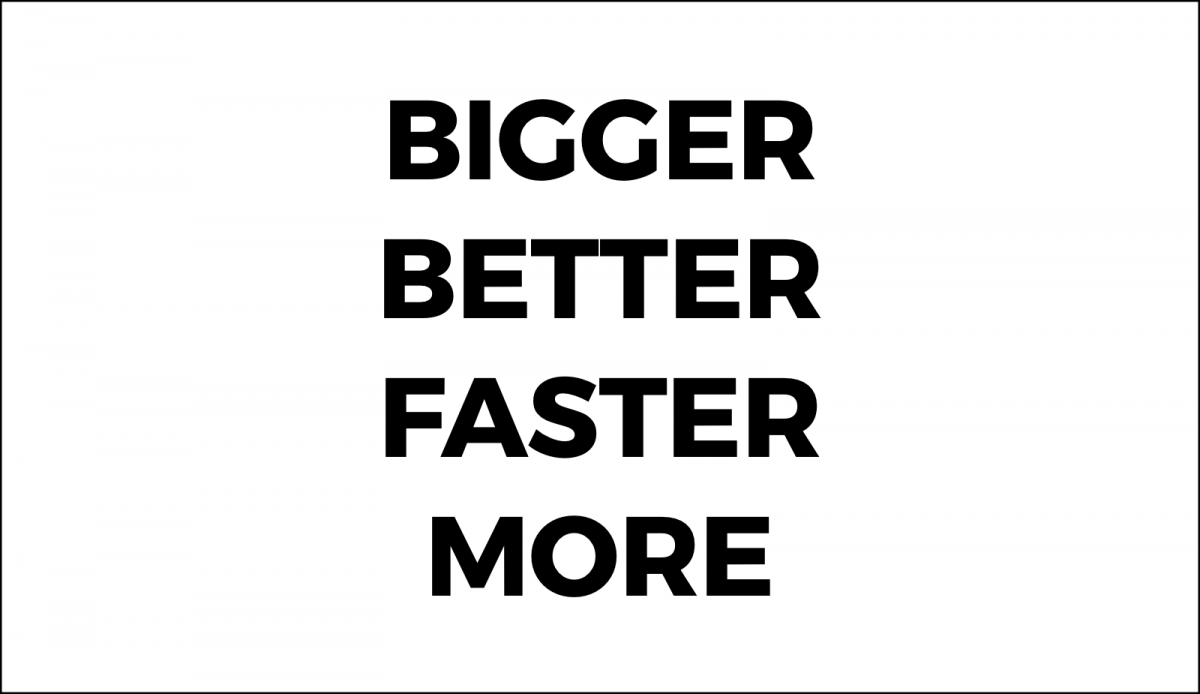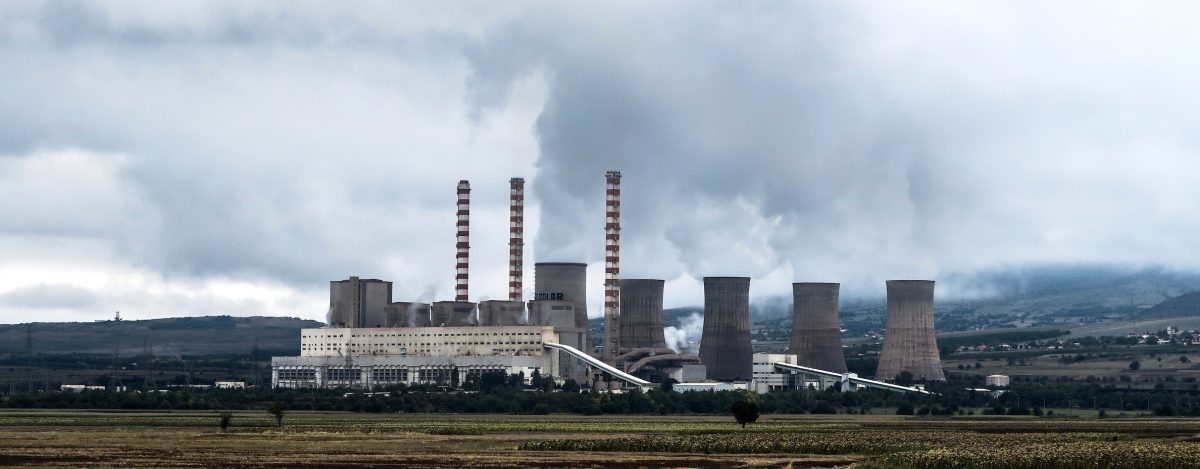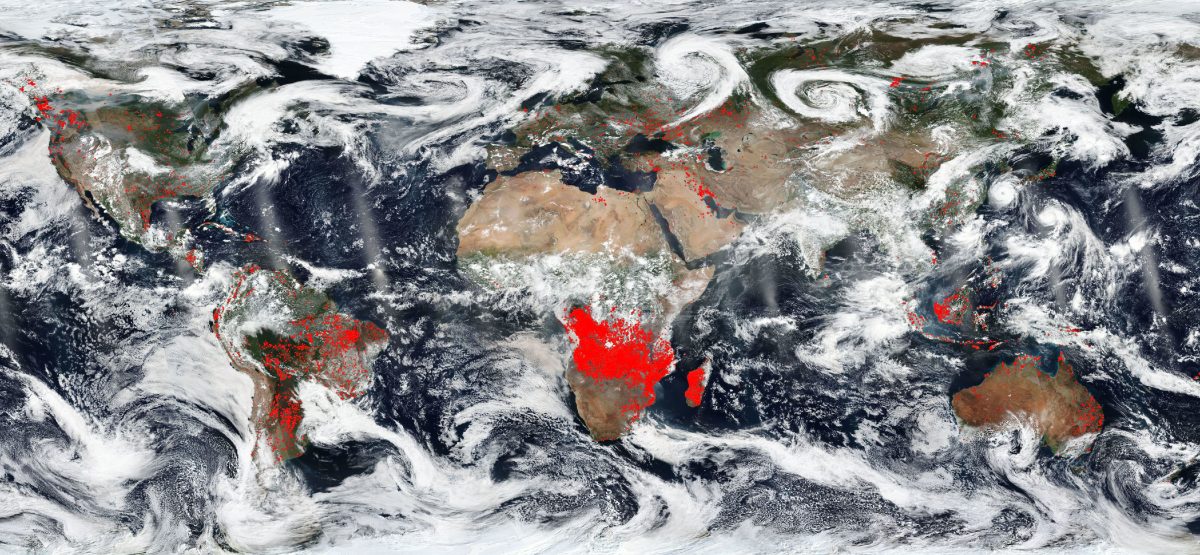What if there was no cash at the ATM?
What if there was no petrol at the bowser?
What if your home didn’t have electricity or running water?
What if there was no food at the supermarket?
What if there was no ATM, or petrol station, or supermarket?
What would your life be like?
We have known about climate change breakdown for over a hundred years. This knowledge has been more broadly accessible since the 1970’s, and it has become more acute by the decade. Yet, we have done nothing.
As climate breakdown fills the news every day now, people in wealthy countries are more aware of it. However, the general reaction has not been a change in individual behaviour, or demands for systemic change: instead, it is a mix of denial, apathy and mild despair.
Continue reading “Collapse: You cannot prepare for what remains unthinkable”
